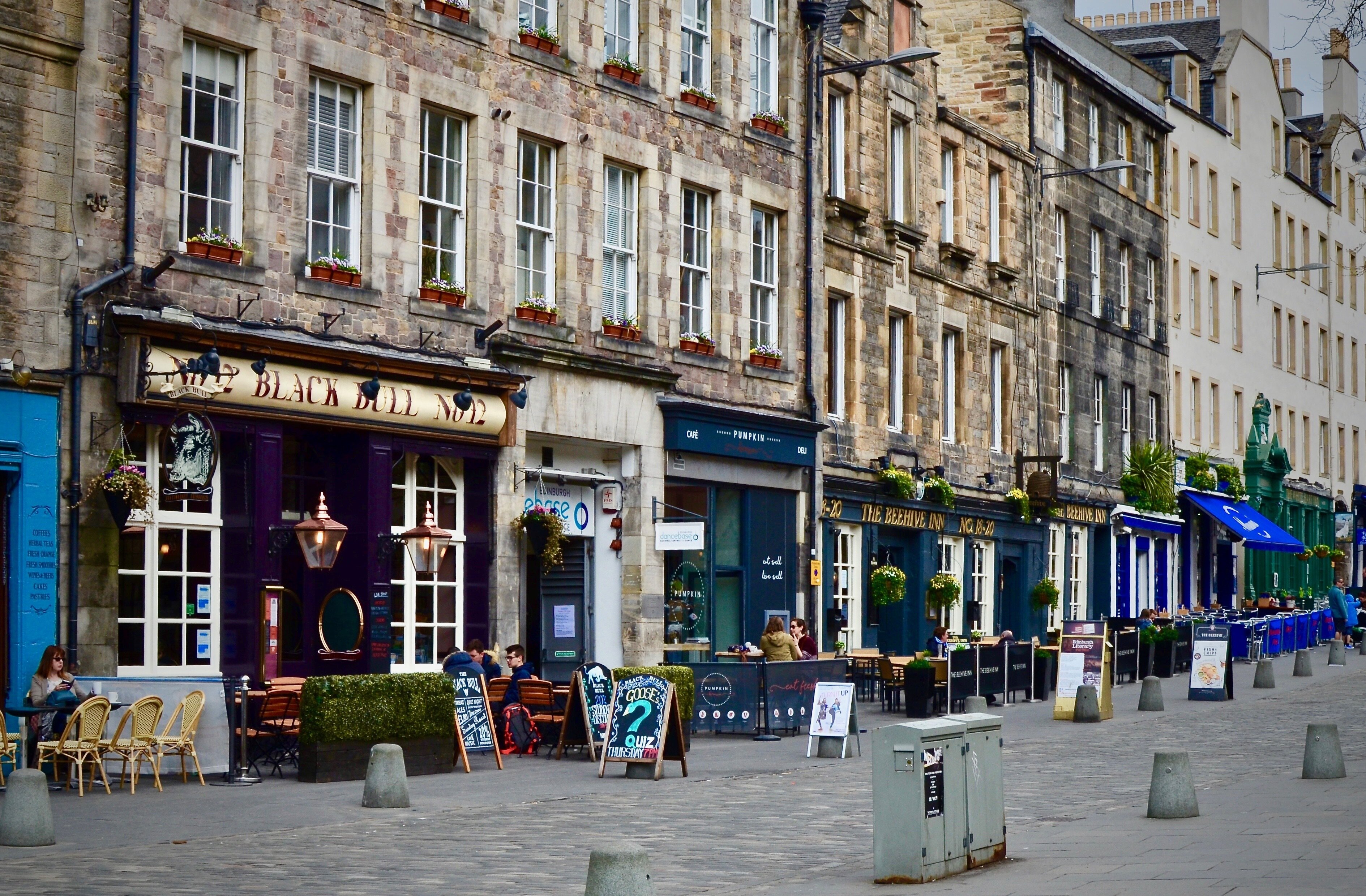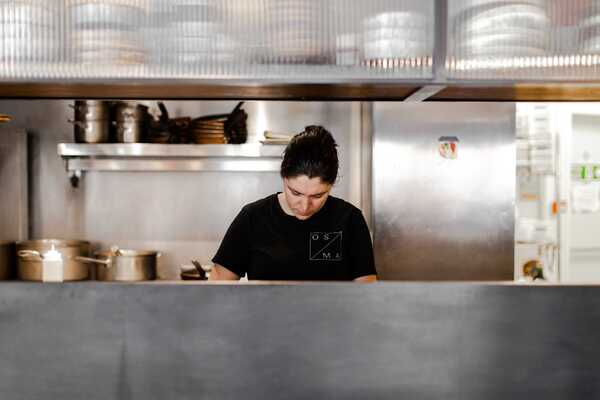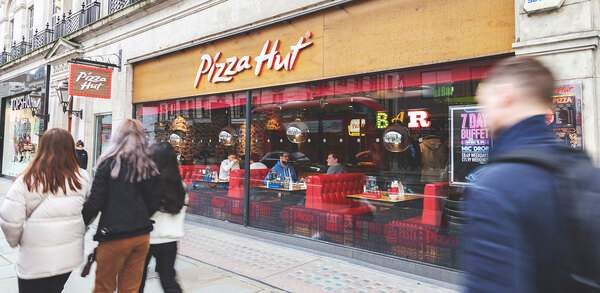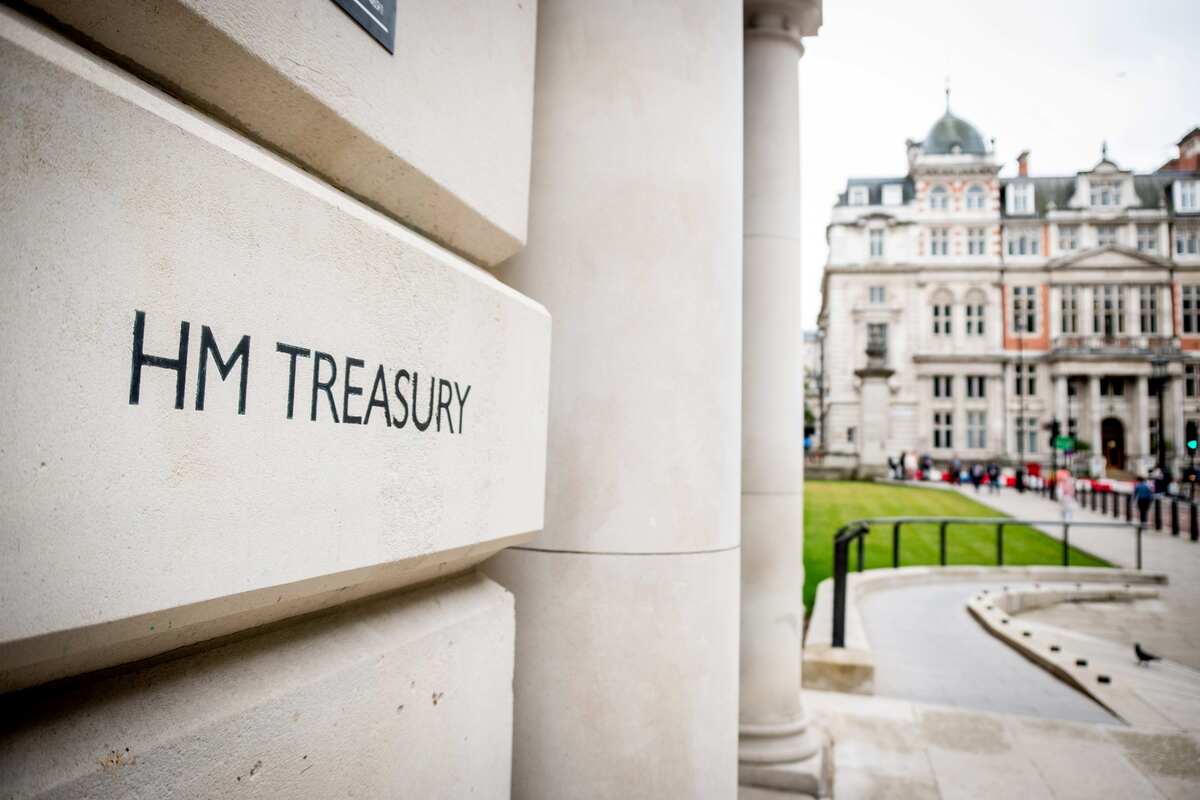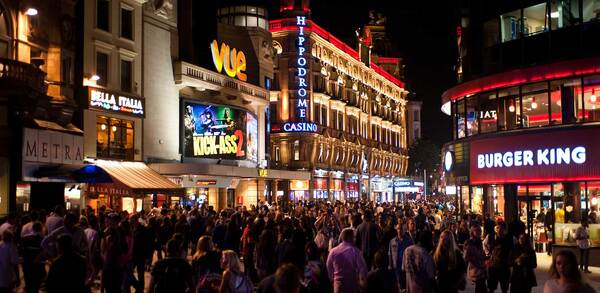Visitor levy ‘incredibly worrying’ without upper limit, says UKHospitality Scotland
A cap on the number of nights a visitor levy can be charged in Scotland should be set to avoid the "real risk" of losing tourists, UKHospitality Scotland has warned.
The response comes as the consultation on the Visitor Levy (Scotland) by the Local Government, Housing and Planning Committee, which was launched in June, closed today (15 September).
The Scottish Parliament published a ‘tourist tax’ bill back in May that would give councils the power to impose a levy on overnight accommodation, including hotels, self-catering properties and campsites, with rates based on a percentage of the cost and set by each individual council.
City of Edinburgh Council, for example, has suggested a visitor levy of between 4% and 7% on overnight stays in the city.
UKHospitality Scotland has called on politicians for a limit on the number of nights that can be charged to be set at five nights in the same accommodation.
It also called for a guaranteed commitment, within legislation, that revenue raised through a levy be used solely for the development and support of tourism-related services; that businesses be reimbursed for the costs of implementing the scheme; and that local authorities should be required to consult with industry groups and businesses on the levy.
Leon Thompson, executive director at UKHospitality Scotland, said: “Some of the proposals for the visitor levy are incredibly worrying, with major implications for competitiveness and costs for our businesses charged with collecting and administering the scheme.
“With no upper limit on the charge or ring-fencing of funds in legislation, there is a real risk that the introduction of a levy could see the costs to visitors spiral, reduce investment by accommodation businesses and hit the wider visitor economy.
He added: “Not only will visitors be paying substantially more in destinations like Edinburgh under current proposals, but businesses may also see a decline in visitor numbers as a consequence.”
On 1 April, Manchester became the first UK city to impose a £1 visitor charge on overnight stays in city-centre hotels or holiday apartments.
The Welsh government also announced it is pressing ahead with plans for a similar tax back in March this year.
Taxes on overnight tourist stays are also used in 21 out of 27 EU member states.
*Image Credit: Shutterstock *



